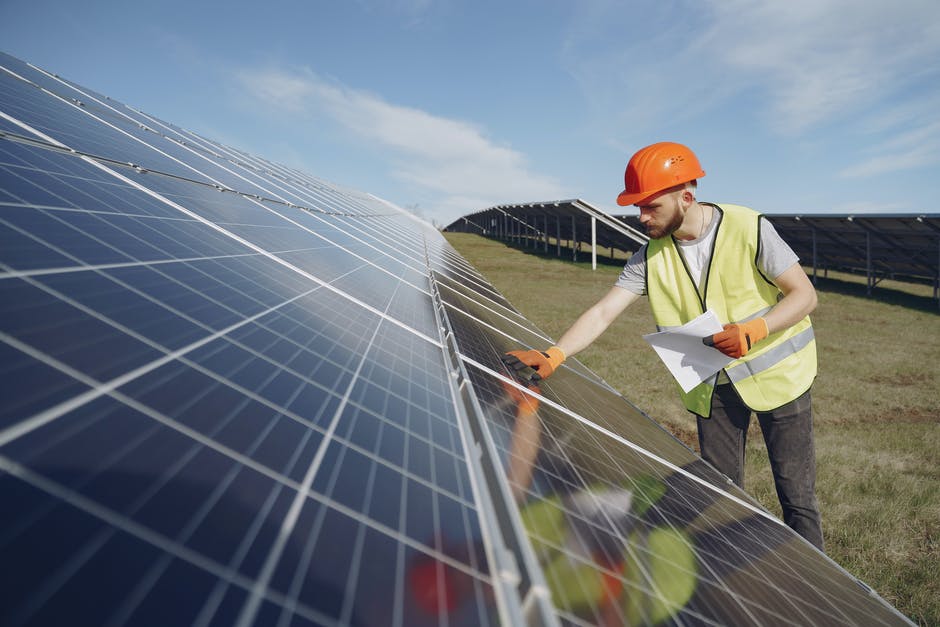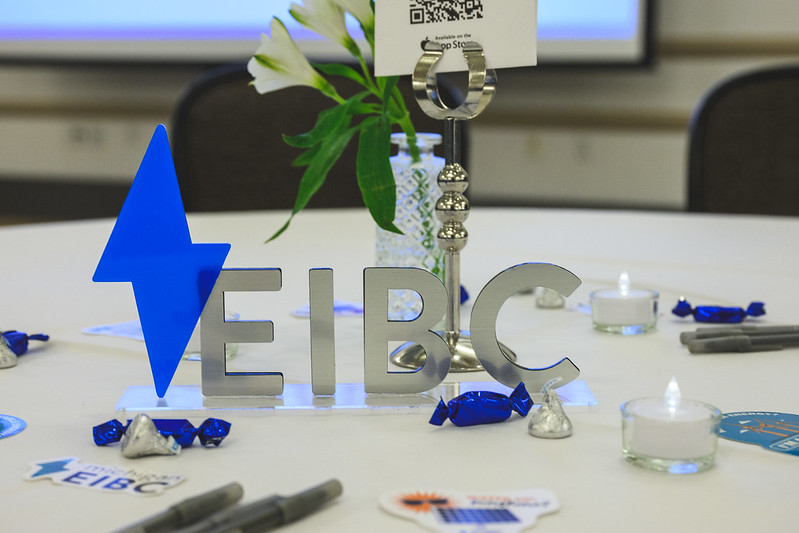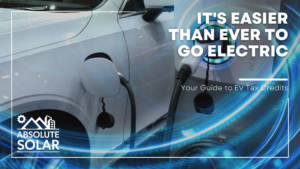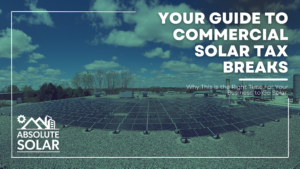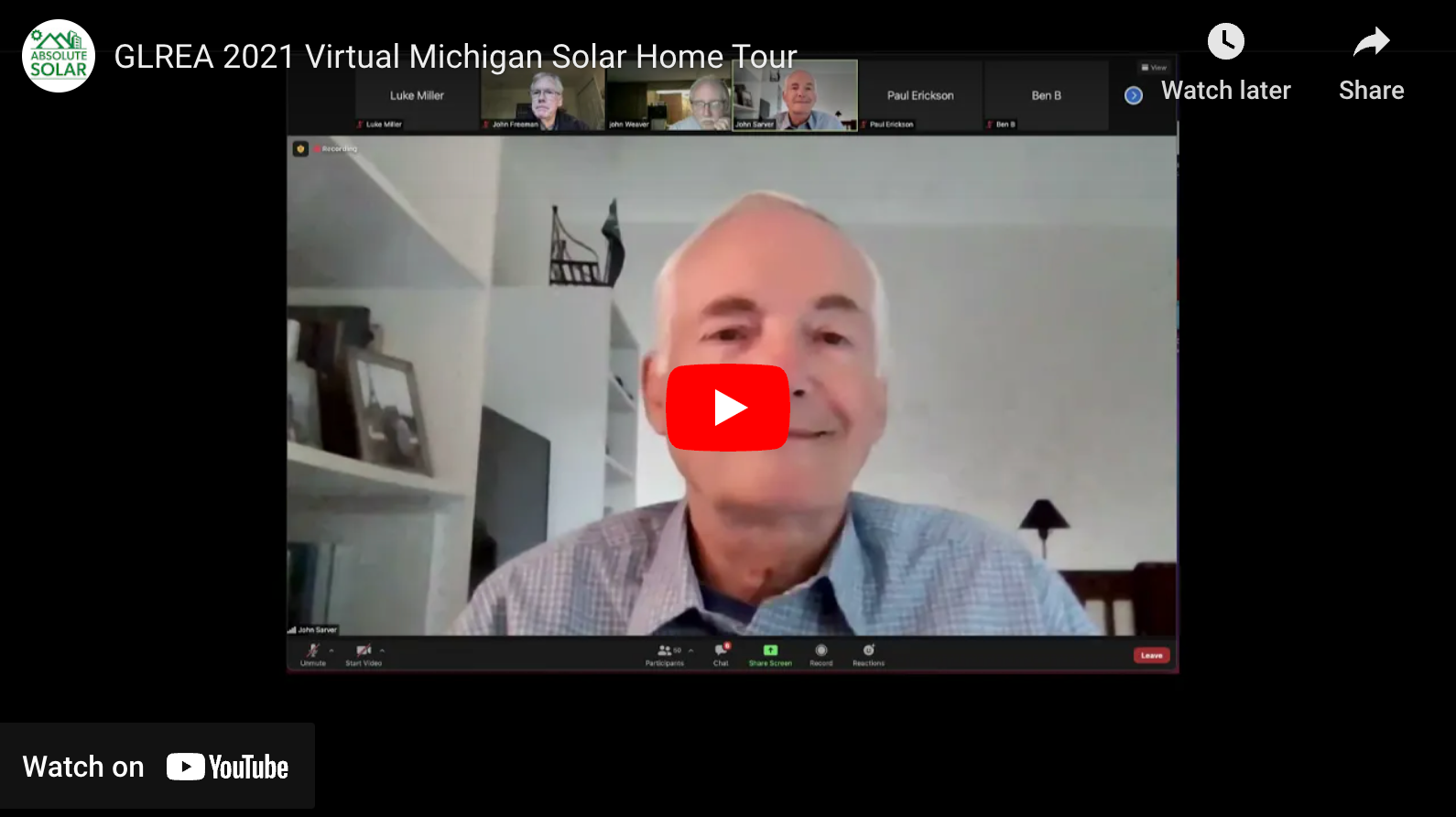The U.S. Energy Information Administration estimates that in 2019 small-scale photovoltaic solar systems produced about 35 billion kilowatt-hours. That is a lot of juice!
If you are interested in getting a solar panel system installed, it is imperative that you get an inspection beforehand. If you already have an existing solar panel system it is also important that you get it inspected on a regular basis.
A solar panel inspection plays a vital role in being a responsible consumer of solar energy. Read on to find out why they are so important.
Your Initial Solar Panel Inspection
Before you install your solar panel system, you need to get an initial solar panel inspection. Contact a professional that deals with home inspections to make sure that your home is suitable for a solar panel system.
You will want to focus on your roof area in particular. You must make sure that your roof can handle the load-bearing capabilities a solar panel system requires.
Most roofs are rated to last at least 30 years before having to be replaced or significantly repaired. If your roof is not up to the challenge of bearing the weight of a solar panel system, get it fixed before installation.
During your home inspection, you will also want to make sure that your electrical system is compatible with a solar panel system. This includes having adequate space for grounding, bonding, and installation of a junction box.
You should also get a rough estimate of the amount of power your family uses on a daily, weekly, monthly, and yearly basis. This will help you determine what kind of system fits your needs and also what kind of batteries are appropriate.
Getting a Solar Site Assessment
Part of your solar inspection and installation process is a solar site assessment. It is always a great idea to find a company that offers a free solar site assessment.
During this assessment, a professional will assess your electricity usage and determine your solar needs. They will also determine the best area of your home for solar installation.
South-facing aspects work the best in the northern hemisphere. This is because these aspects get the most overall sunlight during the daytime hours. If your rooftop is not a viable option don’t fret.
There are ground-mounted systems that work almost as well and can serve your purposes fine. After the initial site assessment, a company will develop a solar proposal and present it to you.
This will include the type of system they think is best, where they will put it, and an estimate for how much this will cost.
A professional-grade company will then handle all of the necessary permitting and utility interconnection approval processes. They will install your system and make sure that it operates the right way.
Post-Installation Inspections
After your solar panel system has been installed, it is important to get it inspected on a regular basis. Most often a post-installation inspection is done in conjunction with the town or local regulatory authority.
This is to make sure that it is up to code, doesn’t pose a fire hazard, and operates in an efficient manner.
This initial post-installation inspection is one of the most important because it is the first line of defense against calamity if something went wrong during the installation process.
You should schedule a post-installation inspection a week or two out from the date of your initial solar panel installation. This will allow all of the kinks in your solar panel system to work themselves out or make themselves known.
That way if any adjustments or recalibration efforts are necessary, your solar panel installation company can remedy the situation during your inspection appointment.
Do not neglect to get a post-installation inspection. Having one can be the difference between many years of stress-free solar energy, and a constant headache full of repairs and troubleshooting.
Further Solar Panel Inspections
After your initial inspection prior to installation, and your post-installation inspection, regular inspections are still necessary to keep your system operating at peak efficiency.
You should inspect your solar panel system at least once every 12 months at a minimum to make sure it is still functional and safe. You can combine your inspection with a yearly cleaning to kill two birds with one stone.
In addition, it is always a good idea to get your system inspected after significant storm activity or large amounts of rain or snow. Inclement weather can damage your system.
This is particularly true when weather involves high winds or tree damage. These are two of the most common weather events that damage solar panel systems.
When in doubt, check it out and get an inspection. If you think that your solar panel system may have been jostled by high winds, or hit by falling tree debris it never hurts to get it inspected.
If you forge a relationship with the right inspection company, you can keep them on speed dial and it will always be a hassle-free experience each time they come out to inspect your system.
Solar panel inspectors know what to look for when it comes to loose wires, broken panels, or other signs of wear and tear. They inspect solar panels so often that they should be able to tell if your system is failing or close to failure.
Get a Solar Panel Inspection Today
A solar panel inspection is an important part of having a solar panel system. You should get an inspection before the installation and right after it as well.
You should also get one on a 12-month basis for the rest of the life of your system. Inspections keep you safe and make sure that your system is up to par.
Contact a professional to schedule your solar panel inspection today. That way you can be sure that your clean energy system stays safe and efficient.

